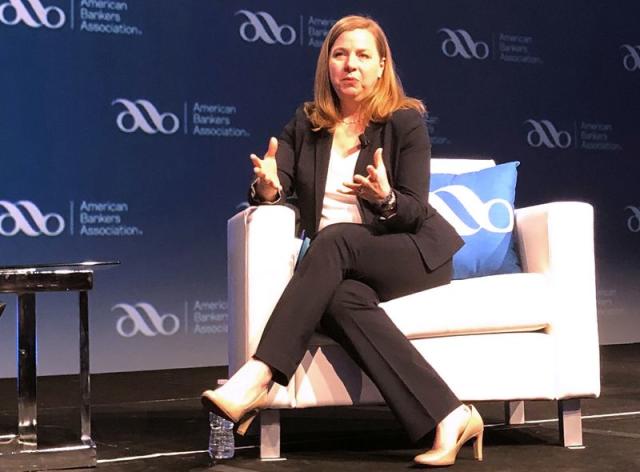Federal Reserve Governor Criticizes Recent Rate Cut, Warns of Inflation Risks

Federal Reserve Governor Michelle Bowman voiced her opposition to the recent Federal Open Market Committee (FOMC) decision to lower interest rates by half a percentage point, marking the first dissent from a Fed governor on rate decisions since 2005. Bowman, though supportive of a reduction, believed a smaller 0.25% cut would have been more appropriate, as the larger reduction could signal premature confidence in controlling inflation. She argued that the Fed’s move could jeopardize its 2% inflation target, with inflation currently running at 2.5% by the Fed’s preferred metric, and core inflation at 2.6%.
Bowman raised several concerns regarding the potential impact of the rate cut, including the risk of being interpreted as an indication of economic fragility or sparking expectations of more aggressive rate reductions. Additionally, she worried that a large cut could encourage sidelined cash to flow back into the market, potentially stoking inflation. Bowman underscored that a measured approach toward achieving a neutral policy stance would be more effective in bringing inflation down while keeping an eye on labor market conditions, which remain relatively strong.
Despite her opposition, Bowman acknowledged the committee’s decision and noted that future policy will remain flexible, depending on economic data. She highlighted that although inflation is above target, the labor market has softened slightly but continues to hover near full employment estimates. The Fed’s current benchmark rate stands at 4.75%-5%, and policymakers anticipate further cuts in the coming years, though market expectations are even more aggressive.